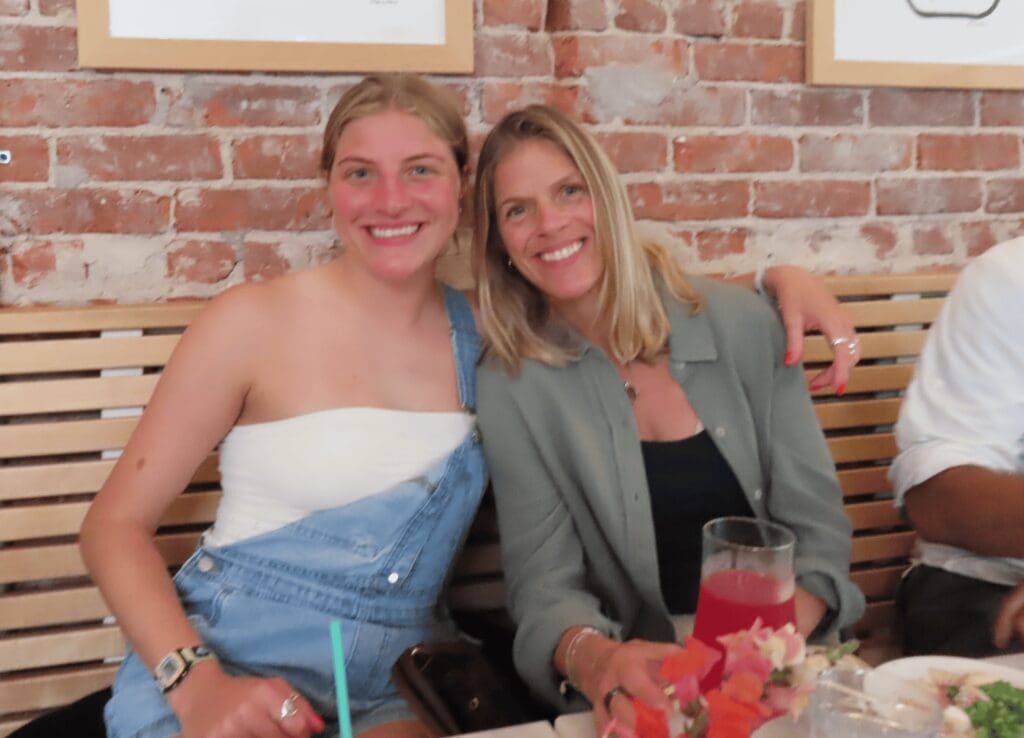
We often connect the emotion of grief with the loss of a loved one—through death, geographic
separation, or a painful break-up. When a more internal kind of grief shows up in our lives, we don’t always recognize it as such. Clients may come to therapy to address symptoms of anxiety or depression, only to discover that they have been grieving the loss of something meaningful in their lives—perhaps a part of themselves, or their hopes for the future.
- Empty-nesters, while excited for the next chapter, may grieve the loss of their role as hands-on mother or father.
- Retirees, even as they enjoy new pursuits, may grieve the loss of their career, ambition, or professional identity.
- Caregivers providing support to a sick family member may grieve the kind of time they were hoping to spend with their loved one.
- Aging can leave one grieving the loss of physical ease, mobility, and future independence.
- And political elections can leave many grieving a future they were envisioning for themselves, their children, their country. Even as others may be celebrating.
When grief goes unnoticed, or unshared by others, we can feel very alone with it. When we recognize it as grief, however, we begin to allow ourselves grace, compassion and self-care. We allow ourselves valid anger, worry, sadness. We seek comfort and support from others, and begin to move forward acceptance and renewal.
While there is no timeline for grief, we tend to know from human experience that we will eventually move through it and come out on the other side – changed, certainly, and resilient, perhaps even with newfound strength, hope and courage to tackle what lies ahead.


